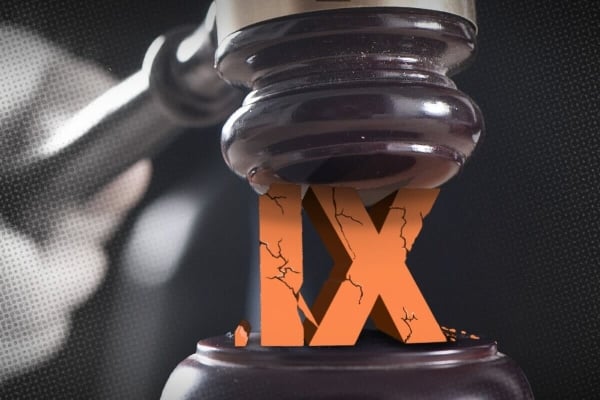Recently, the Title IX era has undergone a significant transformation, leading to confusion and frustration among students, educators, and administrators alike. Title IX is a federal law that prohibits discrimination on the basis of sex in any educational program or activity that receives federal funding. Originally intended to address gender-based disparities in sports programs, Title IX has since been expanded to cover a wide range of issues, including sexual harassment and assault on college campuses.
The most significant change to Title IX came in 2020, when the Department of Education under the Trump administration implemented new regulations that significantly altered the way sexual misconduct cases are handled on college campuses. These regulations placed more emphasis on allowing accused students to cross-examine their accusers and required schools to use a higher standard of evidence when determining guilt in these cases.
While supporters of the new regulations argued that they provided greater due process protections for accused students, critics contended that they made it more difficult for survivors of sexual assault to seek justice and hold their perpetrators accountable. In addition, the regulations also introduced confusion and uncertainty for schools, as they struggled to navigate the complex legal requirements and ensure compliance with the new rules.
In 2021, the Department of Education under the Biden administration announced plans to review and potentially revise the Trump-era Title IX regulations. This move has brought further uncertainty to the Title IX landscape, as schools await guidance on how to proceed with investigations and disciplinary actions in cases of sexual misconduct.
The constantly shifting legal landscape surrounding Title IX has left many students, educators, and administrators feeling overwhelmed and frustrated. Schools are struggling to understand and comply with the new regulations, while survivors of sexual assault are left uncertain about their rights and options for seeking justice.
In this new era of Title IX, it is more important than ever for schools to prioritize the safety and well-being of their students and ensure that all complaints of sexual misconduct are taken seriously and handled with care. While the future of Title IX remains uncertain, it is crucial that schools continue to work towards creating a safe and supportive environment for all students, free from discrimination and harassment.



